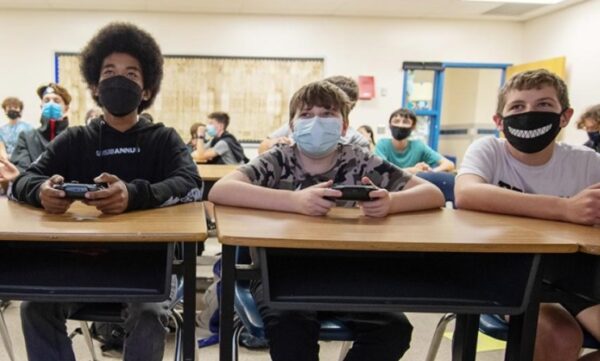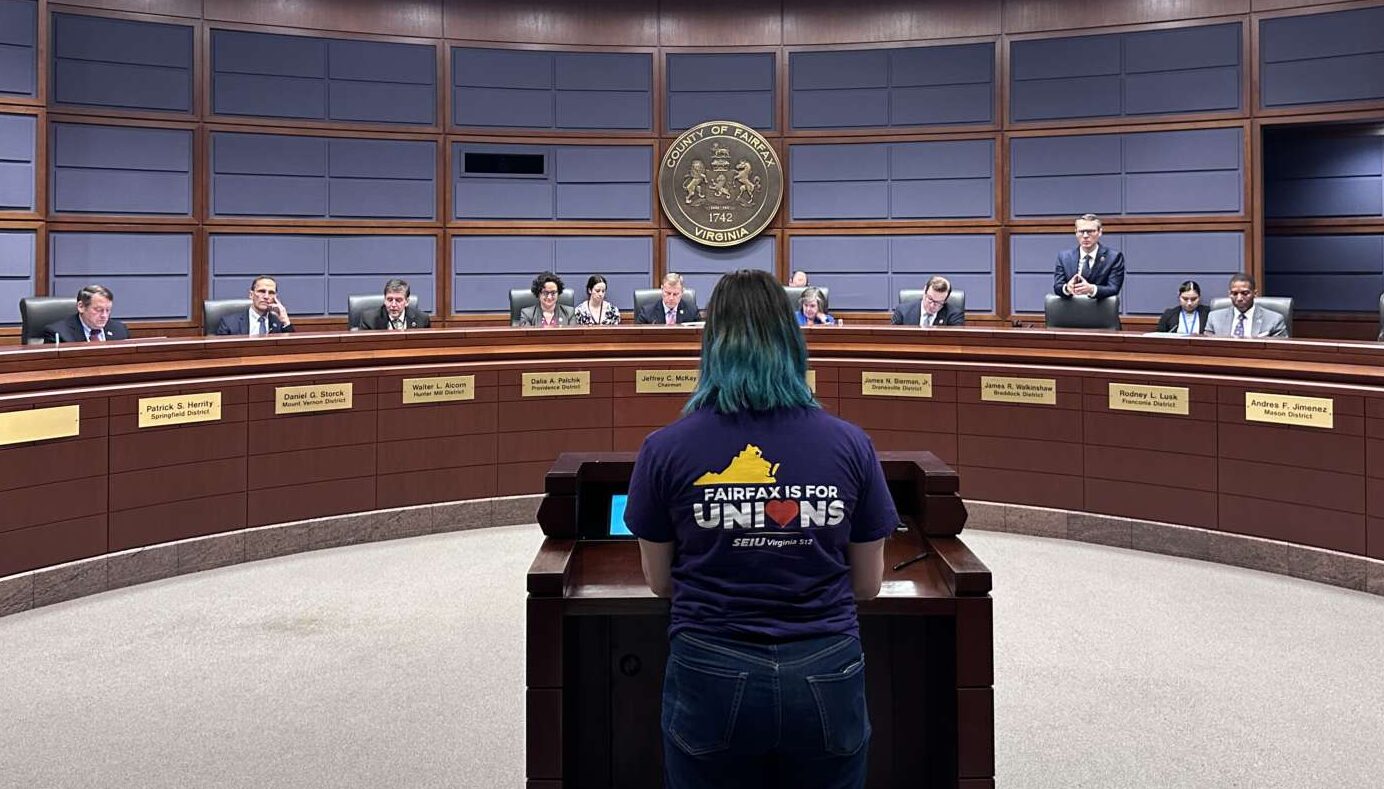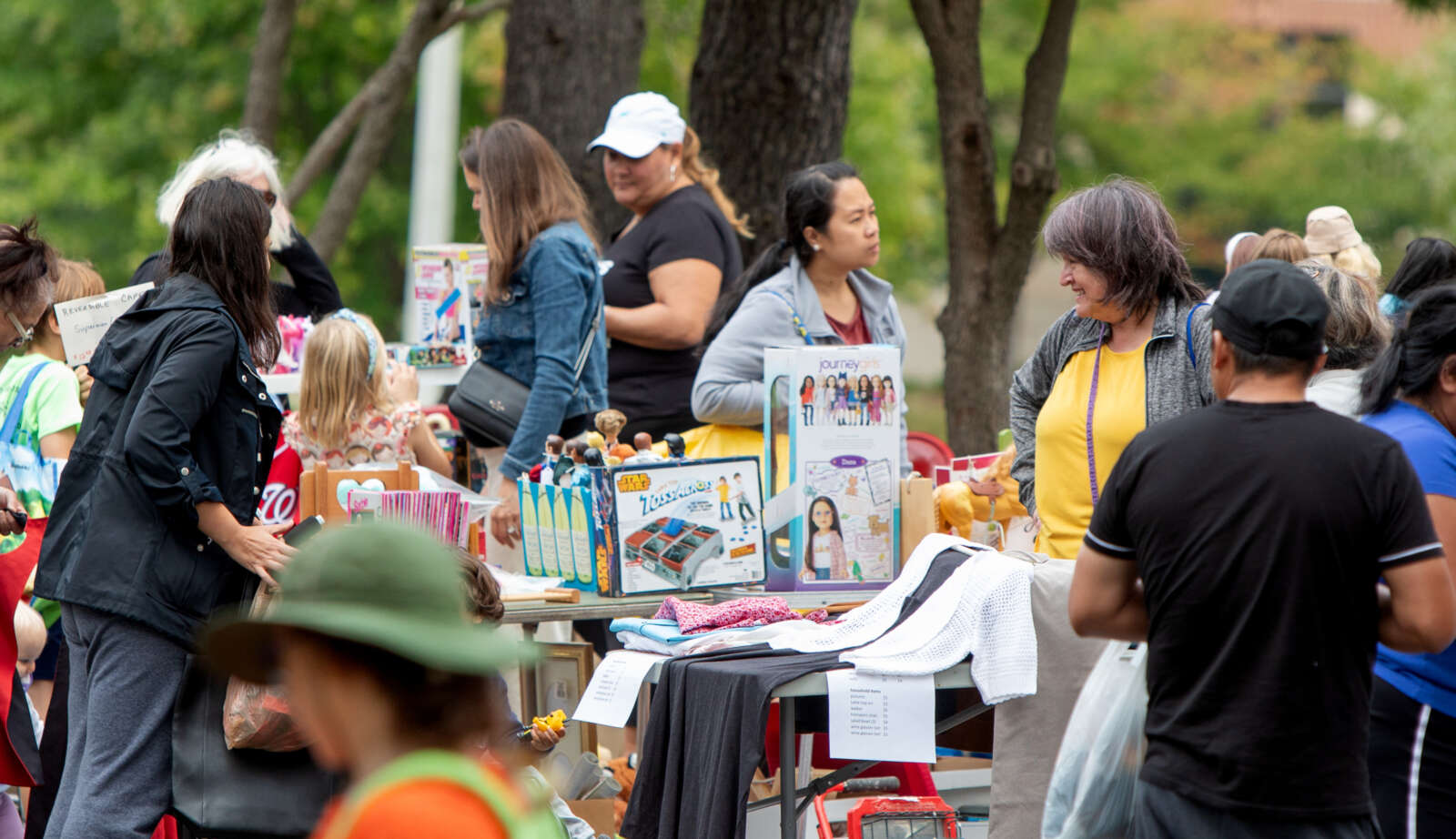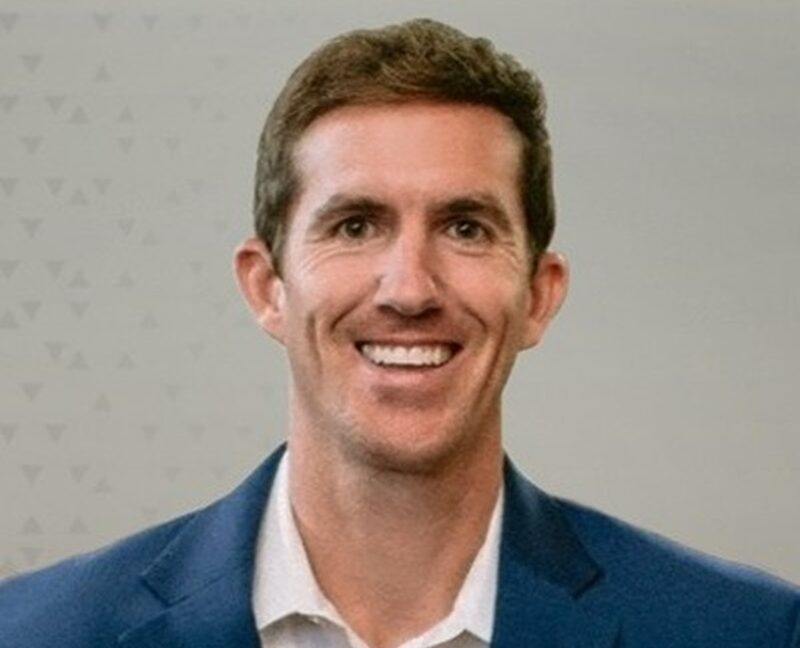
Fairfax County Public Schools is preparing to level up its esports offerings, expanding an activity that started last year with a handful of rogue student clubs into a full-blown program.
The esports club at Fairfax High School started as a general-interest group while students were learning virtually in 2020. It was run from students’ homes and through an online messaging and voice website, Discord.
Students have still kept their academic priorities, but with in-person learning expanding to five days a week this fall, in-person events became more prevalent: a tournament organized last week involving Nintendo’s Super Smash Brothers drew dozens of students.
“It’s the largest club in our school,” said Fairfax High School English teacher David Greene, the club’s advisor, noting that the group has over 200 active members. “A lot of the students who came into the room were not even part of the room yet and were asking how to sign up.”
FCPS plans to make esports available this spring for all 25 high schools and has spent the past few months recruiting coaches.
The expansion will require some adjustments for students in the existing clubs, which include one at Centreville High School.
Where Fairfax High School offered a variety of video games for students to play, FCPS has said its esports program will be limited to the soccer-like car-driving online game Rocket League. The Virginia High School League, which is exploring whether to make esports an officially sanctioned activity, has three titles for its pilot year that started this fall.
Greene says he has advocated for FCPS to consider incorporating two games that his students have been playing, either through the club or on their own: Super Smash Brothers and the multiplayer online battle arena fantasy game League of Legends.
FCPS also intends to have students participate at school facilities rather than remotely, and the introduction of a countywide program will make esports more like other extracurricular activities with coaches, teams, and formal competitions.
Greene says Fairfax High’s esports club gave students a social outlet during the pandemic, as participants talked incessantly on Discord. The games remind him of people watching sports on TV, where people understand the rules and know who they’re rooting for.
“Most students are going to be going home and playing these games anyway,” Greene said. “It’s something that they’re passionate about.”
Though research suggests gaming can improve mental health, extensive screen time remains a concern for many parents and doctors. In China, youth are now restricted to three hours of gaming per week.
Greene says overall screen usage can be a health concern, especially after online schooling launched screen time to new levels, but parents shouldn’t dismiss the intellectual and developmental benefits that activities like video games can provide.
“When I was growing up, parents very much thought of video games as a negative, a dead-end thing, something that you didn’t develop skills by playing,” he said. “And I think that parents should realize that you’re actually developing critical thinking skills when you’re playing these games. I have not seen a student who’s playing these games who doesn’t eventually develop skills to understand, to communicate, [and improve] their fine motor skills.”





